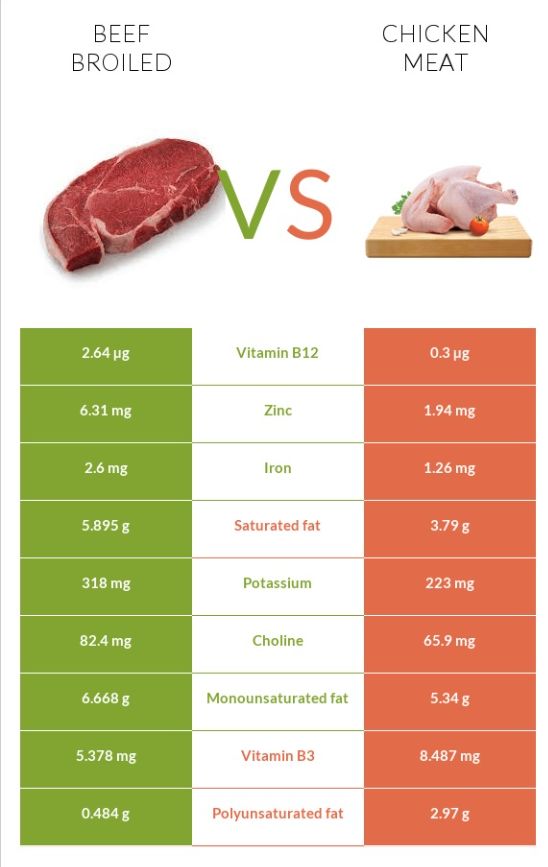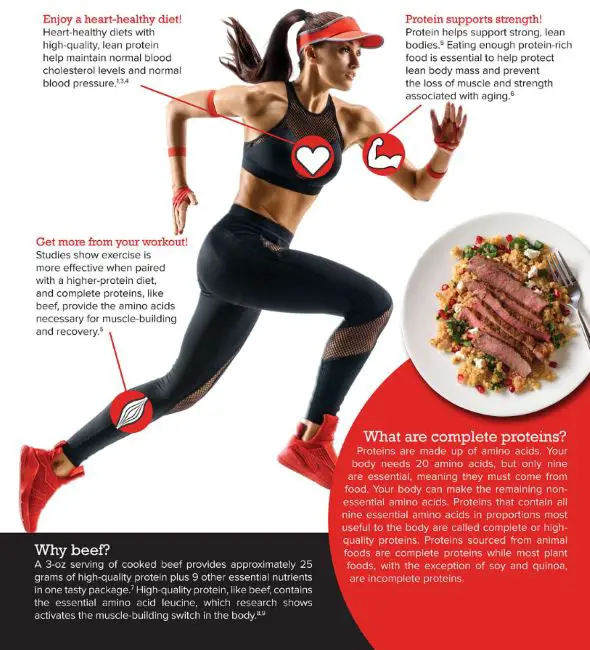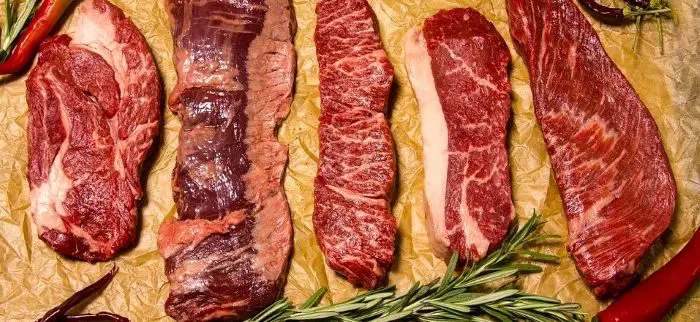In the ever-changing world of nutrition trends, few approaches spark as much debate as the all-beef diet. Some swear by its simplicity and health benefits, while others warn it’s too restrictive to be safe. This diet focuses solely on beef as the main—sometimes only—food source. But what makes people try it, and is it really sustainable? Let’s dive deep into what the all-beef diet involves, the potential benefits, risks, and what you should know before considering it.

What Is the All-Beef Diet?
The all-beef diet is an extreme variation of the carnivore diet. While the carnivore diet allows any animal-based foods like chicken, fish, pork, or eggs, the all-beef version narrows things down to one type of meat—beef.
Supporters believe beef provides nearly all essential nutrients, from protein and fat to iron and B vitamins. Most followers also allow salt and water, and some include black coffee or tea. The basic principle is that beef alone can fuel the body without the complications that come from plant-based foods.
Why People Choose the All-Beef Diet
The reasons behind switching to an all-beef diet vary, but some of the most common include:
- Simplicity: No meal planning stress—just beef, cooked in different ways.
- Weight Loss: High protein and fat can increase satiety, reducing overall calorie intake.
- Digestive Relief: Those with food intolerances often find plant foods worsen symptoms.
- Elimination Diet Approach: Cutting everything else out may help pinpoint trigger foods.
- Energy and Focus: Advocates often claim more consistent energy without sugar spikes.
Potential Benefits of the All-Beef Diet

1. High-Quality Protein
Beef is an excellent source of complete protein, containing all essential amino acids needed for muscle repair, energy, and immune support.
2. Nutrient Density
Beef provides iron, zinc, vitamin B12, and creatine—all essential for energy, cognition, and metabolic health.
3. Ketosis-Friendly
By cutting carbs, the body often enters ketosis, a fat-burning metabolic state that supports weight loss and steady energy.
4. Reduced Food Sensitivities
Some people with autoimmune conditions or chronic inflammation find relief by eliminating all plant foods, which may include allergens or irritants.
Risks and Concerns with the All-Beef Diet

While there are reported benefits, the all-beef diet is not without significant concerns:
- Lack of Fiber: With no fruits, vegetables, or grains, constipation can become a challenge.
- Vitamin and Mineral Gaps: Beef is nutrient-rich but doesn’t provide vitamin C, magnesium, or certain antioxidants.
- Heart Health Risks: High intake of saturated fats and cholesterol may be problematic for some individuals.
- Food Boredom: Eating only beef can feel repetitive and socially limiting.
- Unknown Long-Term Safety: There isn’t enough research to confirm whether this diet is safe over many years.
Tips for Starting an All-Beef Diet Safely
If you’re curious about trying it, here are some practical steps:
- Choose a Variety of Cuts: Mix lean and fatty cuts—like ribeye, brisket, and ground beef—to avoid nutrient imbalances.
- Consider Grass-Fed Options: Grass-fed beef often contains higher omega-3 levels and more micronutrients.
- Stay Hydrated: Drink plenty of water and consider adding electrolytes.
- Cook in Different Ways: Rotate between grilling, slow cooking, pan-frying, or roasting to keep meals interesting.
- Monitor Your Health: Regular check-ups and blood tests help track cholesterol, vitamins, and kidney function.
- Start Short-Term: Many people test the diet for 30 days before deciding if it’s worth continuing.
Common Experiences on the All-Beef Diet
Many people who try the all-beef diet share positive results like:
- Rapid weight loss in the first weeks.
- Reduced bloating and improved digestion.
- Clearer skin and fewer autoimmune flare-ups.
- Increased mental focus and energy stability.
However, others report challenges:
- Constipation or digestive discomfort.
- Intense cravings for other foods.
- Higher grocery costs due to quality beef consumption.
- Fatigue or low mood if nutrients aren’t balanced.
Who Should Avoid the All-Beef Diet?
This diet isn’t ideal for everyone. Individuals with kidney issues, gout, heart disease risk factors, or a history of nutrient deficiencies should avoid it. Pregnant women, breastfeeding mothers, and children also need a more balanced diet that includes plants.
Is the All-Beef Diet Sustainable?
For short-term goals like weight loss, food elimination, or resetting eating habits, the all-beef diet can be effective. Long-term, however, sustainability is a real challenge. Nutrient deficiencies, social limitations, and digestive health concerns make it difficult to follow indefinitely.
Final Thoughts
The all-beef diet is one of the most extreme approaches to nutrition. While some people experience powerful benefits like weight loss, reduced inflammation, and greater energy, others face nutrient gaps, digestive challenges, and health risks.
If you’re curious, consider testing it short-term while monitoring your health closely. As with any restrictive diet, it’s best to consult a healthcare professional before diving in.
Ultimately, proves one thing: nutrition isn’t one-size-fits-all. What works for some may not be ideal for others—and balance, variety, and long-term health should always remain the goal.

